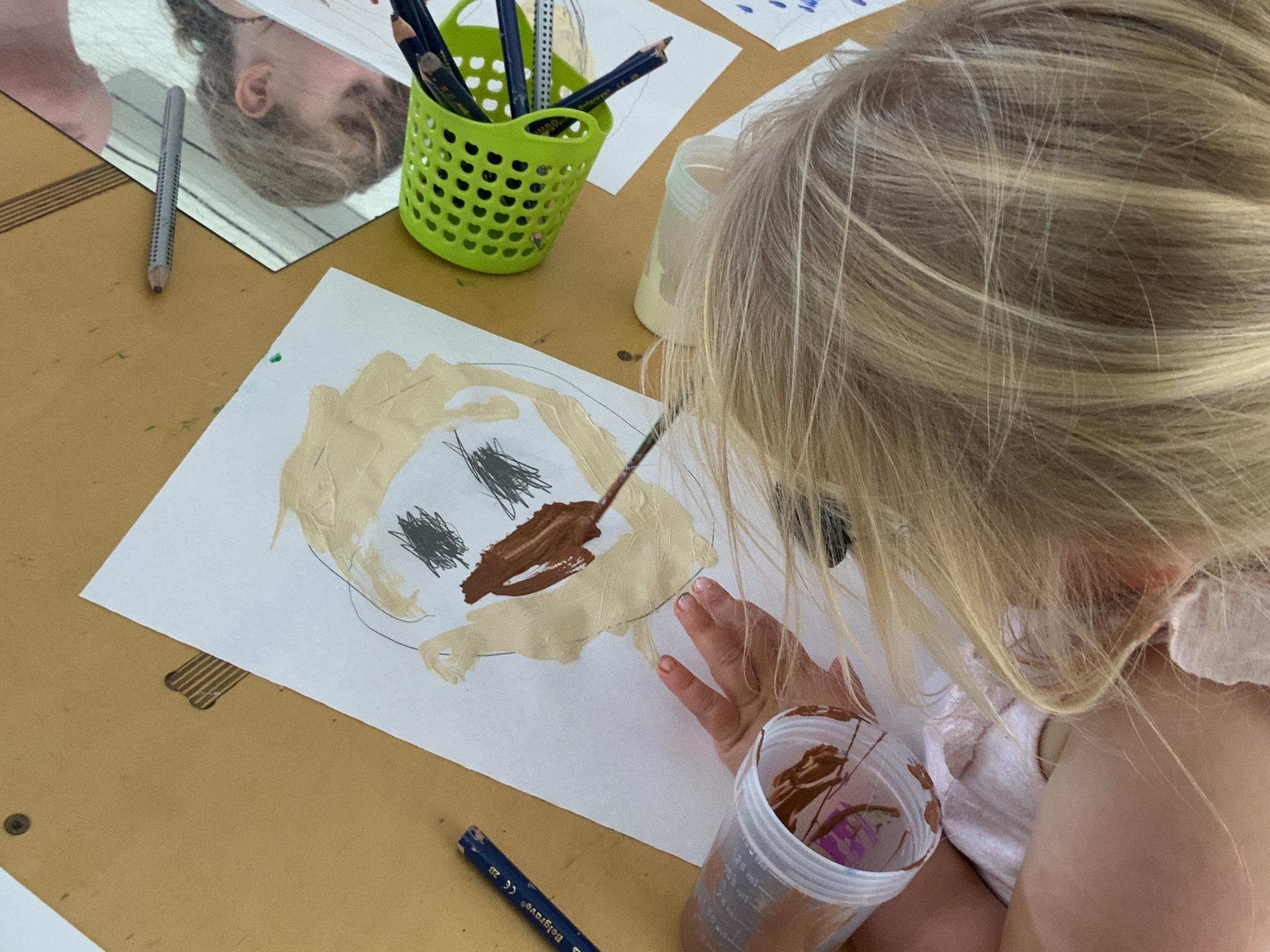Orientation

Preparing Your Child
Settling into any new routine takes time. Prior to your child’s first visit it can be helpful to do the following:
- engage in conversations with your child about coming to Friends’ Early Learning, what they will be doing and who they will meet,
- answer all of your child’s questions openly and honestly, reassure them that they will be okay,
- drive or walk past the centre to show your child where they will be attending, and,
- practise packing your child’s bag together with your child, familiarising them with their lunchbox and belongings.
Orientation Visit
Orientation visits are booked by the Administration team and confirmed with each family prior to commencing at the Centre. The educators in your child’s room will be available during the orientation time to settle your child into the program in a friendly and relaxed manner as well as answer any questions you may have.
The first visit of up to one hour provides an opportunity for parents and educators to exchange information about routines and to begin the foundations of open communication and trusting relationships. Parents stay on site during the first orientation.
The second visit allows an opportunity for parents to leave their child for a short period of time, if the child is ready. This visit lasts approximately an hour or two.
During these visits, you will be shown how to complete the attendance register. If you have any questions about signing in and out please chat with our Administration Team.
First Days
We ask parents to support their children by starting with shorter visits before commencing a full day.
Some tips for a successful start include:
- Try not to rush out of the room in the morning and instead take some time to sign your child in, assist them to put their belongings away and settle them in. Make sure you give your child a hug or kiss them good-bye and then you can leave the building. Please reach out to the educators if your child is unsettled during this time.
- Always say ‘good-bye’ to your child and reassure them that you will be returning to pick them up. You may like to specify a time such as after a sleep or before afternoon tea.
- If you are concerned about your child being upset when you leave them, please give us a call. Don’t worry - we will always call you if your child continues to be upset.
- When collecting your child please take the time to talk to educators about how your child’s day has been, what they enjoyed and if there were any important pieces of information to pass on. More importantly, engage your child in positive conversations about their day. You can see evidence of your child’s participation in the program in their Storypark profile.
First Weeks
During the first few weeks we encourage you to continue building conversations and relationships with the educators about your child:
- Find out what your child is enjoying and also if there are any times when your child may feel sad or unsettled.
- Be aware that your child may settle easier on some days than others, depending on what has been happening during the week.
- Talk to the educators about important events in your child’s life or changes in routines, such as what they did on the weekend, how well they slept the night before or if you have noticed any indications of illness.
- Always talk to your child about what they have been doing during the day.
Ongoing
Relationships take time and all children settle into new routines at different rates. Our Centre is a place where everyone is welcome and considered to be a valued member of our learning community.
We share regular newsletters and the start and mid points of each Term. Additional information is sent out as required. Please remember to stay in contact with your child’s educational team via the Lead Educator and your child’s Primary Caregiver.
Once your child has settled into a routine, remember to:
- Be kind to yourself. Take one day at a time.
- Meet other parents/guardians to share ideas and support.
- Check your child’s Storypark profile for updates and learning stories as evidence of your child’s learning, growth and participation in the program.
- Talk to the educators and ask for help or advice if you are concerned or not sure about something.
